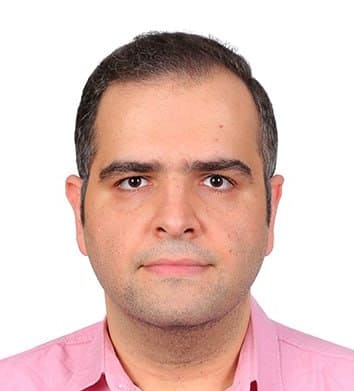
Mohammad Ali is a PhD student in Bio-MEMS Lab. His research is currently focused on multi-scale modeling of tumor immune microenvironment. He explores the role of T lymphocytes and immune response in a vascularized tumor, especially when immunotherapy is applied. Mohammad Ali has also a strong background in microfluidics. For his Bachelor's, he worked on centrifugal Lab-on-a-Chip devices, designing and fabricating key microfluidic components. He then advanced this work for his Master's thesis by creating a centrifugal microfluidic platform (Lab-on-a-CD) that integrates the entire process - from sample injection to detection - to simultaneously measure nitrite, free chlorine, and pH.
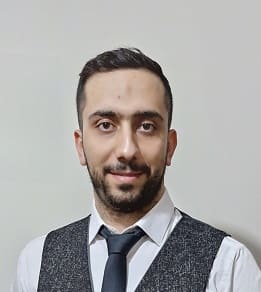
Mohammad is a researcher with interests in fluid mechanics, numerical simulation of fluid flow (CFD), and heat and mass transfer, complemented by experience in scientific programming. As an active and motivated member of the laboratory team, Mohammad is engaged in biomedical engineering research, with a particular focus on the numerical simulation of blood clot formation.
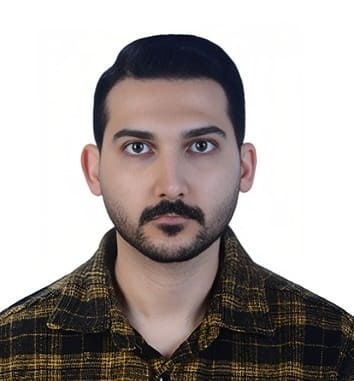
Mohammadreza is a researcher in the field of biomechanics and heat transfer with applications in renewable energy. Current work focuses on the simulation of coronary arteries and fluid-structure interaction (FSI) modeling. Mohammadreza also serves as a scientific reviewer for leading ISI-indexed journals, including Journal of Energy Storage, Applied Thermal Engineering, and Numerical Heat Transfer, Part A: Applications.
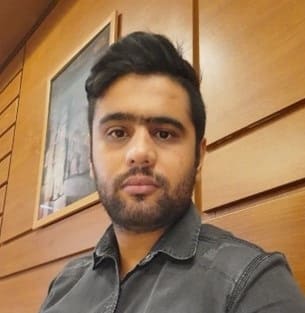
Mohammad Ali is a Ph.D. student in Mechanical Engineering, conducting research on modeling the tumor microenvironment with a particular focus on the role of macrophages in immunotherapy. The aim of this research is to analyze the complex interactions between cancer cells and the immune system—especially macrophages - in order to optimize immunotherapeutic approaches and contribute to advancements in cancer treatment.
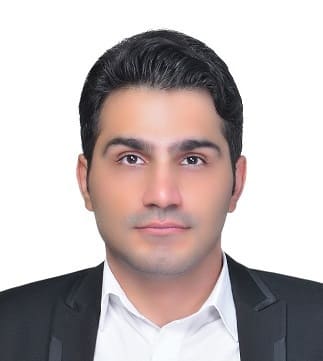
Saeid is a Ph.D. candidate whose current research is devoted to the computational modeling of blood flow in coronary artery bifurcations, with a focus on analyzing the effects of multiple drugs on the progression of atherosclerosis. This work integrates Navier–Stokes and Darcy formulations with convection-diffusion-reaction equations to capture complex transport and biochemical interactions within arterial walls. Saeid earned an M.Sc. in Mechanical Engineering from Sharif University of Technology, where research concentrated on porous and semi-porous flow development, and a B.Sc. in Mechanical Engineering from Urmia University. Academic interests include fluid dynamics, biomechanics, porous media, and advanced numerical modeling, with an emphasis on bridging fundamental theory and applied research in biomedical and mechanical systems.
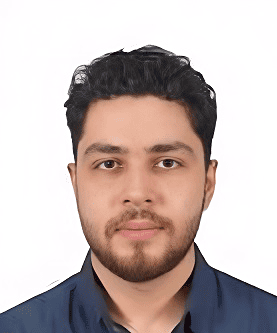
Shayan is a Ph.D. student in the School of Mechanical Engineering at Sharif University of Technology. His doctoral research focuses on the numerical and analytical modeling of thrombus formation in cerebral aneurysms and the application of machine learning in biomedical systems. Shayan received a B.Sc. in Mechanical Engineering from the University of Tehran in 2022 and an M.Sc. in Mechanical Engineering from the same university.
Peyman received a Bachelor’s degree in Mechanical Engineering (Thermal and Fluid Sciences) from Persian Gulf University in 2023 and is currently pursuing a Master’s degree at Sharif University of Technology. Peyman’s research focuses on the numerical investigation of biological phenomena related to cardiovascular diseases using computational fluid dynamics (CFD), with particular emphasis on the effects of atrial fibrillation arrhythmia on aortic atherosclerosis. Peyman is deeply interested in interdisciplinary studies in biomechanics and biofluid dynamics, aiming to advance understanding of complex physiological flow behaviors through computational modeling.
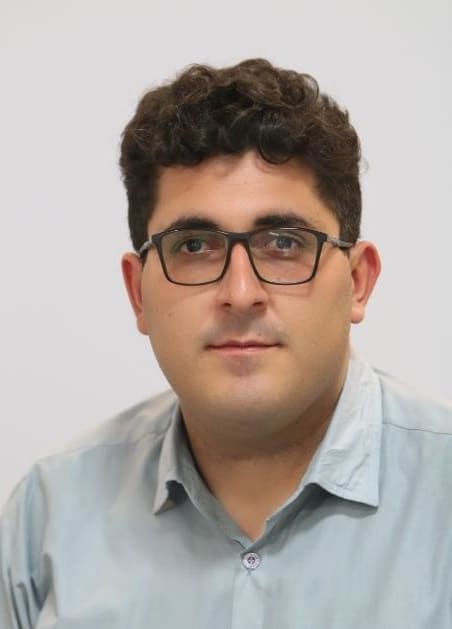
Mohsen earned a Bachelor’s degree in Aerospace Engineering from Sharif University of Technology in 2023 and is currently pursuing a Master’s degree in Mechanical Engineering. Mohsen’s research focuses on turbidity currents and particle-laden flows, with particular emphasis on large eddy simulation (LES) and the effects of bed topography on flow behavior. In addition to computational investigations, Mohsen is actively engaged in experimental studies using Acoustic Doppler Velocimetry to examine density currents. Broader research interests include environmental fluid mechanics, turbulence modeling, and wind turbine aerodynamics. Mohsen is dedicated to integrating numerical and experimental methodologies to enhance the understanding of complex flow phenomena and advance developments in energy and environmental systems.
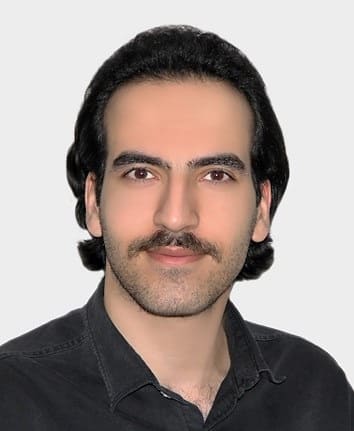
Amirreza is a Master’s student in Mechanical Engineering at Sharif University of Technology, where he also completed his Bachelor’s degree in 2023. His current research focuses on computational modeling of the tumor microenvironment, with a particular emphasis on intra-tumor heterogeneity and its biomechanical aspects. He is interested in combining continuum mechanics, numerical simulation, and computational oncology to better understand how microenvironmental factors influence tumor dynamics and therapeutic response. Beyond his thesis work, Amirreza’s broader research interests include multiphase flow modeling, viscoelastic fluid mechanics, and bio-inspired computational methods. Through his research, he seeks to bridge mechanical engineering principles with biomedical applications to advance predictive modeling in cancer research.
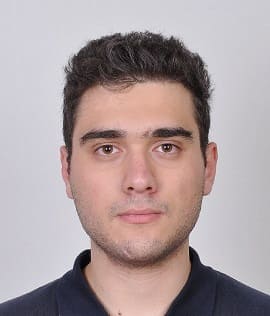
Mahdi is currently a Master’s student in the field of Biomechanics, conducting research on atherosclerosis. He completed his Bachelor’s degree in Mechanical Engineering at the University of Tabriz in 2024. During his undergraduate studies, he focused on the thermodynamics of refrigeration cycles and worked on optimizing their performance using natural refrigerants and bio-inspired methods. His main research interests include modeling of biological flows, hemodynamic analysis, and numerical simulation of biological processes using Computational Fluid Dynamics (CFD).
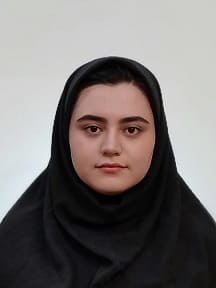
Atefeh is a researcher whose work focuses on the numerical modeling of blood coagulation in cerebral aneurysm sacs. Her project involves developing a computational model to analyze the distribution of various coagulation species within the aneurysm and to evaluate the effects of the anticoagulant drug heparin in preventing clot formation. Atefeh’s research contributes to a deeper understanding of hemodynamic and biochemical mechanisms underlying cerebrovascular diseases and supports the advancement of therapeutic strategies for their prevention.
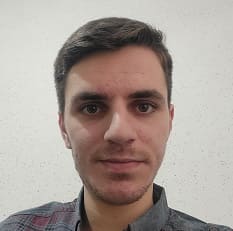
Hamidreza is a researcher with interests in molecular dynamics, drug delivery, cancer cell and tumor studies, biofluid mechanics, and microfluidics—particularly in the separation of cancer cells. His thesis focuses on the investigation and comparison of chitosan and chitosan oligosaccharide performance in the release of the anticancer drug doxorubicin (DOX), emphasizing molecular dynamics and pH-dependent behavior. Hamidreza’s work aims to contribute to the development of more effective drug delivery systems and to deepen the understanding of biophysical mechanisms in cancer treatment.
